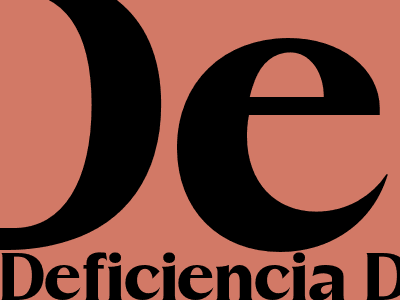
Everything About Niacin Deficiency
What is Niacin?
Niacin, aka Vitamin B3
Niacin is an essential nutrient that plays a vital role in energy production, metabolism, and nerve function. It's a water-soluble vitamin we must obtain from our diet.
Causes Of Niacin Deficiency
Dietary Factors
Niacin deficiency can result from diets lacking niacin-rich foods, such as meat, poultry, fish, nuts, and legumes. Those solely relying on processed foods or fad diets may also face deficiency risks.
Impaired Absorption
Certain medical conditions can interfere with niacin absorption, including intestinal diseases, celiac disease, and Crohn's disease. Chronic diarrhea can also lead to niacin deficiency.
Increased Demand
During pregnancy, breastfeeding, or periods of rapid growth, the body's niacin requirement increases significantly. Failure to meet these increased demands can lead to deficiency.
Symptoms Of Niacin Deficiency
Pellagra
Pellagra is the most severe form of niacin deficiency. It manifests with the "four Ds": dermatitis, diarrhea, dementia, and death.
Skin Problems
Niacin deficiency can cause dermatitis, a skin condition characterized by redness, scaling, and thickening. It often affects sun-exposed areas of the body.
Digestive Issues
Niacin deficiency can also lead to digestive problems, including diarrhea, nausea, and vomiting.
Neurological Problems
Severe niacin deficiency can cause neurological problems, such as insomnia, irritability, memory loss, and confusion.
Treatment For Niacin Deficiency
Dietary Changes
Consuming a balanced diet rich in niacin-rich foods can often correct niacin deficiency. Good sources include:
- Meat
- Poultry
- Fish
- Nuts
- Legumes
- Enriched grains
Supplements
In some cases, niacin supplements may be necessary to treat deficiency. However, it's crucial to consult a doctor before taking any supplements.
Prevention Of Niacin Deficiency
Balanced Diet
Consuming a balanced diet that includes niacin-rich foods can help prevent niacin deficiency. Variety is key to ensure adequate intake of all essential nutrients.
Enriched Foods
Some foods, such as cereals and grains, are fortified with niacin. Choosing enriched foods can help increase niacin intake.
Supplements
Healthcare professionals may recommend niacin supplements to individuals at risk of deficiency, such as those with certain medical conditions or dietary restrictions.
Conclusion
Niacin is an essential nutrient crucial for energy production, metabolism, and nerve function. Niacin deficiency can have severe consequences if left untreated. By consuming a balanced diet and addressing medical conditions that affect niacin absorption, individuals can prevent and treat this deficiency effectively.